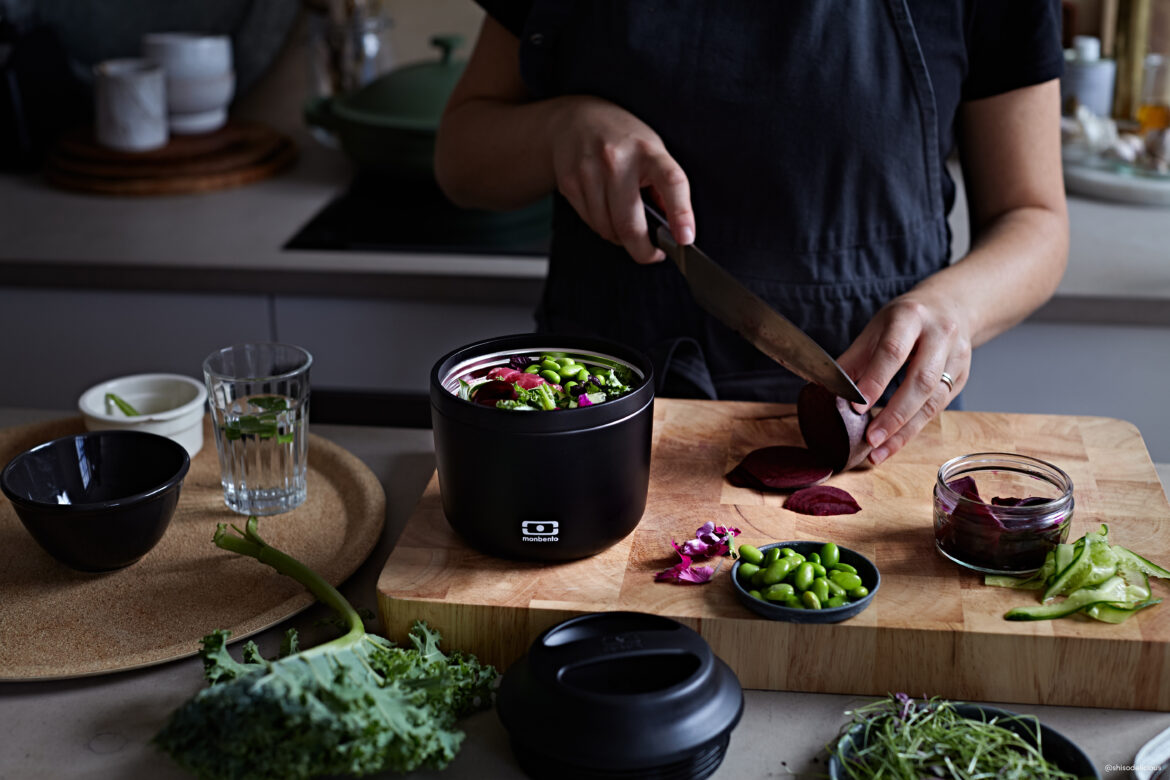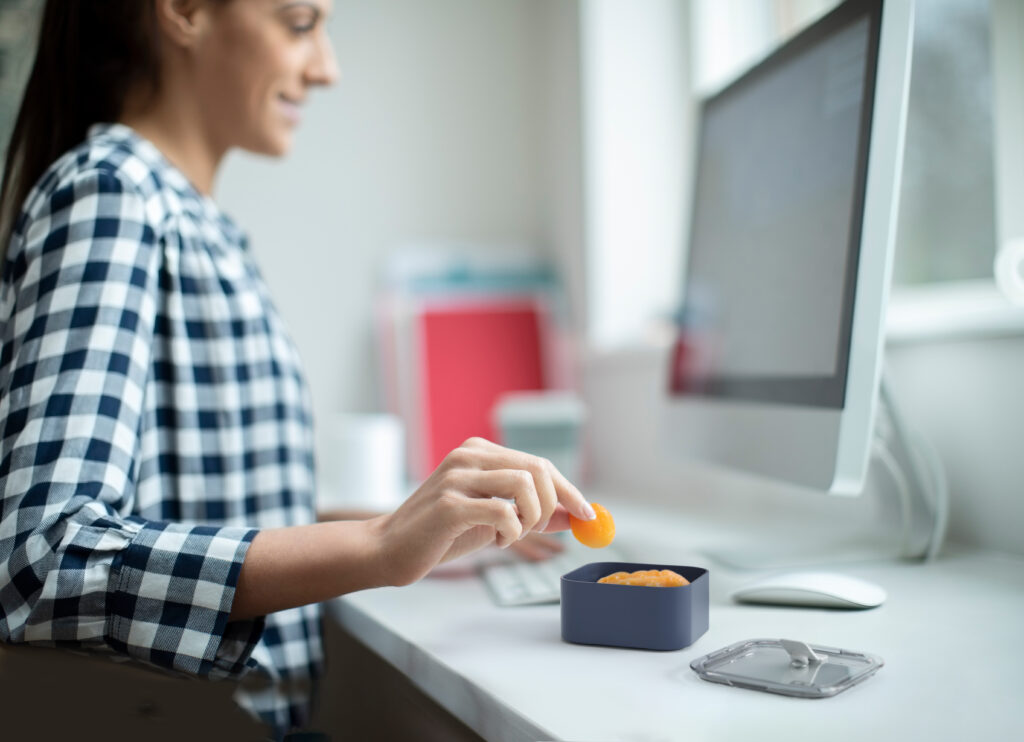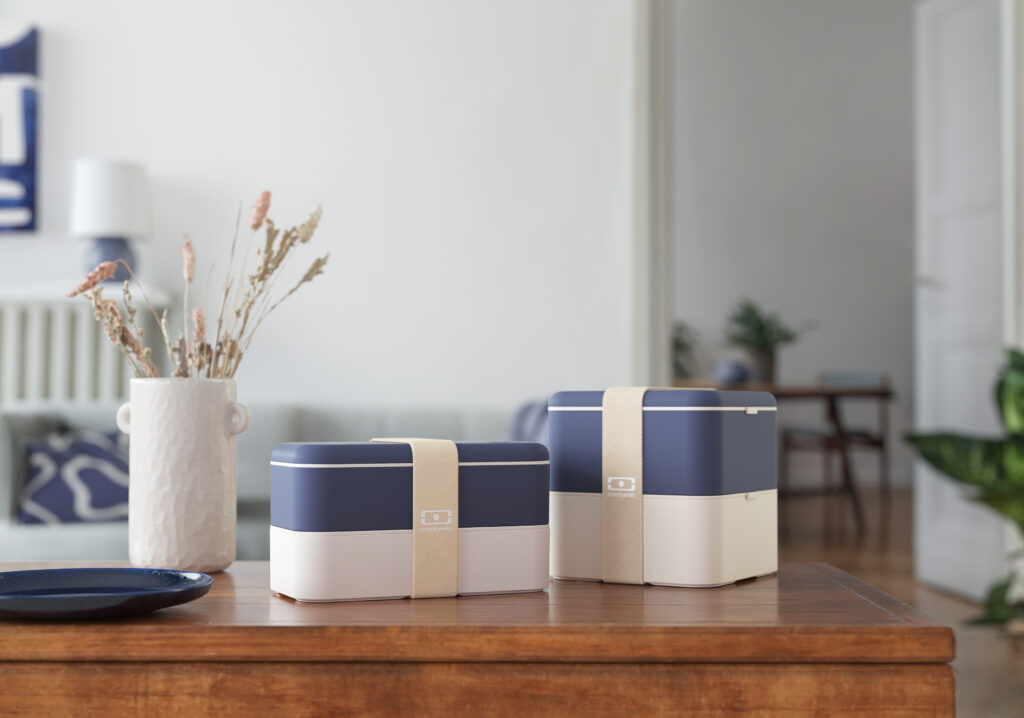
Your shopping basket is getting smaller and smaller but your receipt is getting bigger and bigger? We’re all facing the same situation: eating (and especially eating healthy) is becoming difficult with the general inflation. By the end of 2022, food prices had increased by an average of 12% in France, and they are not expected to stop in 2023!
So how to eat healthy on a budget in this crisis period? Here are some tips!
1. Look for good deals and special offers in various supermarkets:
-
How to get the cheapest food?
If you receive paper catalogs from supermarkets, study them carefully. Take a look first at the products you’re the most interested in and compare their prices between the various stores. You certainly have your own habits in your favorite grocery store. But because it is closer to your home or better organized does not mean that it necessarily offers the best prices! And be careful not to choose a supermarket that is twice as far from your home: keep in mind the price of gas as well!
You can also use the app of your grocery stores. Check out the current offers, discounts, good deals … and organize your shopping list accordingly!
-
What about fresh produce, for example where to get the cheapest vegetables?
If you have never looked for local producers around you, it might be interesting to do it now! Indeed, local food network can sometimes have good surprises. Consuming locally means that transportation costs are not reflected in the sales price of fruit and vegetables, for example. And by avoiding intermediaries, you can also avoid their margins! All these elements can have a positive impact on the selling prices of small producers on local markets.
But local farmers also have to face inflation: price of fertilizers, water, energy to heat or light greenhouses … This can also have an impact on their selling price. Discuss it directly with them to know how they work and understand better the challenges they are facing!
2. Make a shopping list, with an associated budget:
Once you’ve chosen your grocery store, let’s move on to the shopping list! We all know how it goes: we are convinced that we will only take the bare necessities. But once arrived at the supermarket, we can’t resist taking some cookies, or we add ingredients to our cart just “in case there is no more at home”. STOP, it’s time to get rid of bad habits!
-
How to stick to cheap healthy foods?
By preparing a list and sticking to it, you will see that it will be much easier to do groceries on a budget! Here are some tips to help you stick to your budget:
- If your supermarket offers this option, try the individual scans. That way, you can scan the products you place in your cart and keep an eye on your bill as it fills up. Once you’ve reached your budget, it’s time to check out!
- You can also choose to withdraw the budget you set for your shopping in cash. And leave your credit card or phone at home. That way, you will be sure to stick to your list!
- You can also try the drive-through or click&collect: you can shop online, sticking to what you need only, and thus avoid walking through each section of the store and being tempted by your favorite brand of snacks!
- And our last piece of advice: never go to the supermarket on an empty stomach! When we’re hungry, we’re more likely to buy food that we really want at the moment, but that once we get home, seems much less interesting.

-
How to make a budget grocery list?
This is the 2nd challenge after establishing your budget tactics! Here again, we have several tips to share with you:
- First tip, before you start your list, check what’s left in your food pantry and fridge. It’s the best way to avoid buying duplicates that will end up forgotten.
- As we told you earlier: identify interesting deals in advance. Start by looking for the brands you usually buy and the products you love. If you usually meal prep or batch cook, you can even organize the cheapest meals for your week based on the items with discounts.
- Your favorite yogurt brand isn’t on sale this week? Not a big deal: it’s a good opportunity to try other brands instead, even the first prices. Less known brands can have the same taste and quality as the ones you are used to!
- If you used to buy organic products but they are now too expensive for your budget, it is important not to lose this habit! But instead of buying the majority of your grocery list in the organic section, alternate the products you choose. One week, buy organic eggs, the next week, organic lentils, for example.
- In this complicated period, you must also know how to make concessions and replace certain foods with others that are more affordable. For example, if meat is too expensive, you can occasionally replace it with eggs. If fresh fruit and vegetables are not in your budget, you can opt for the canned version.
- You can also look for products with a short use-by date in the supermarket, which are often discounted. And to extend their shelf life, prepare them as soon as you get home and place them in the freezer!
3. Favor the homemade, cheapest meals rather than processed food or ready-made meals:
When we see the price of each ingredient, it’s easy to think that taking a frozen pizza will necessarily be cheaper (in addition to requiring less effort!) than making it ourselves. But if you respect the little tips listed above, you can continue to eat healthy on a budget!
Especially since ready-made meals are also more expensive because the energy consumed to produce them in factories has also suffered from inflation. However, when you compare the price and quantity of an industrial lasagna to those of a homemade lasagna, preparing it at home doesn’t seem such a bad idea in the end!
So here’s another tip: prepare larger quantities to take advantage of family deals, and have a meal already prepared for the next few days. This new habit will surely introduce some of you to meal prepping (if you’re looking for recipe ideas, we have plenty on our monbento blog!).
4. No food waste thanks to lunch boxes!

Last but not least, our final tip for managing your food budget is to make sure you don’t waste anything. For example, make sure you organize your meals according to best-before dates so that you don’t have to throw away unused, already expired products.
If you have leftovers from your dinner at home or at the restaurant, place them in your monbento box in the refrigerator, to be able to enjoy them the next day.
1L or 1.7L compartmentalized bento box to organize your leftovers, 850 ml lunch box with transparent lid so you don’t have to open the box to see what’s inside, 700 ml metal lunch box to reheat your leftovers in the oven or in the microwave, 1L bowl with high transparent edges for salads or soups, … monbento offers you many options to carry and reuse your leftovers! See you on our e-shop to choose your new meal companion that will help you save money!
